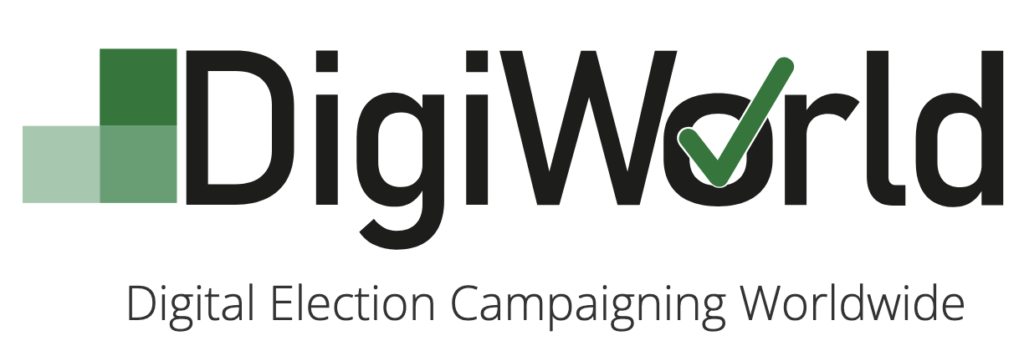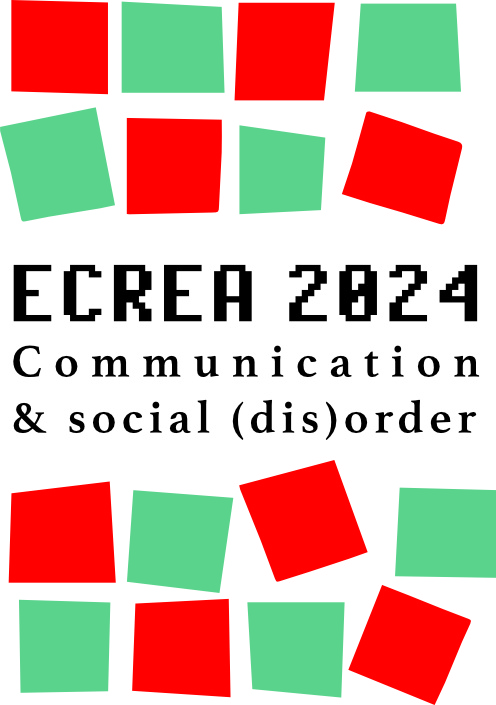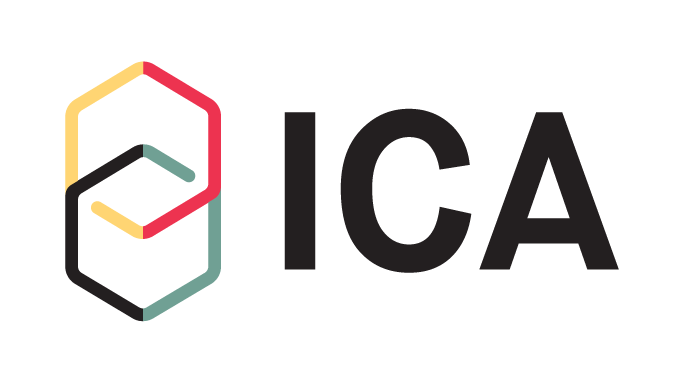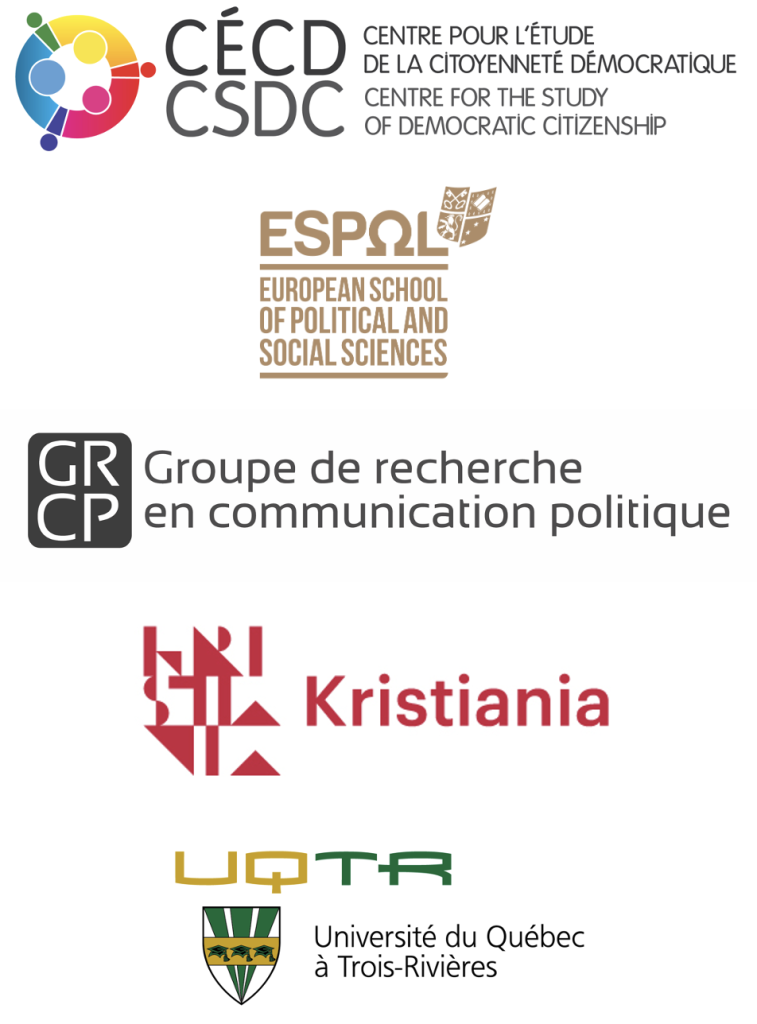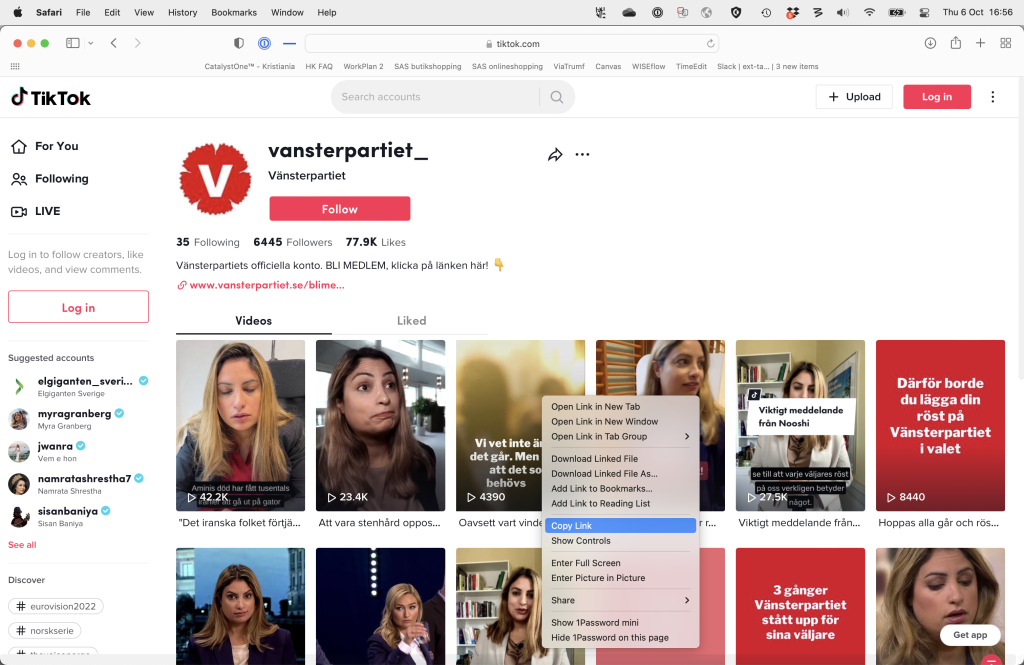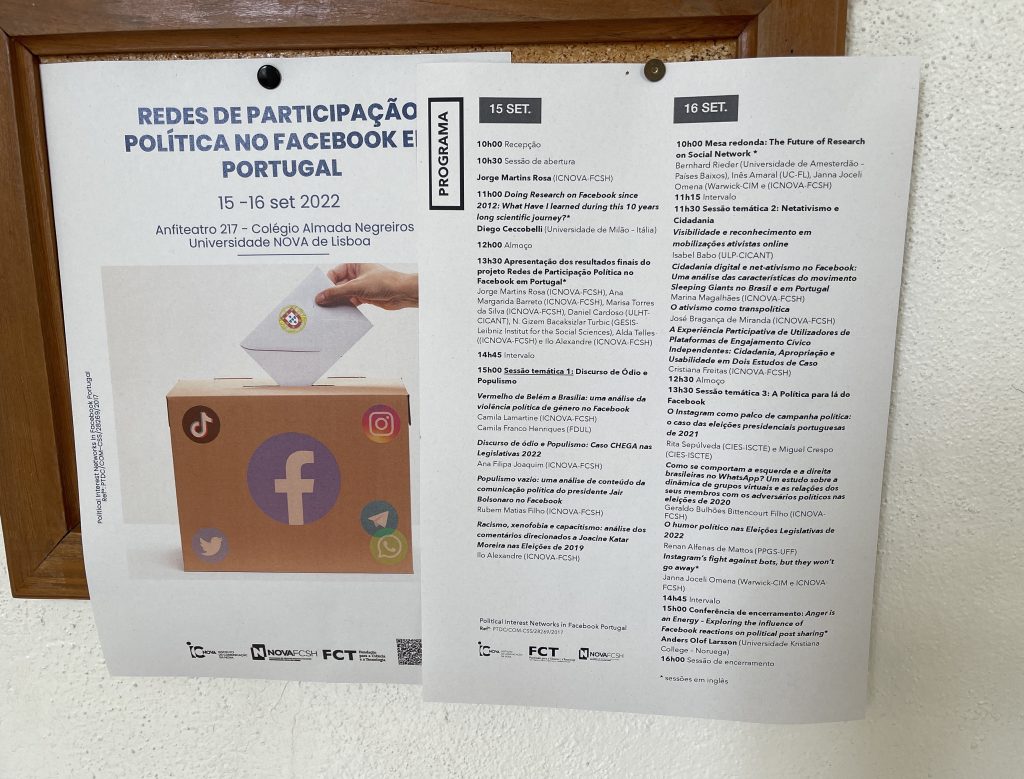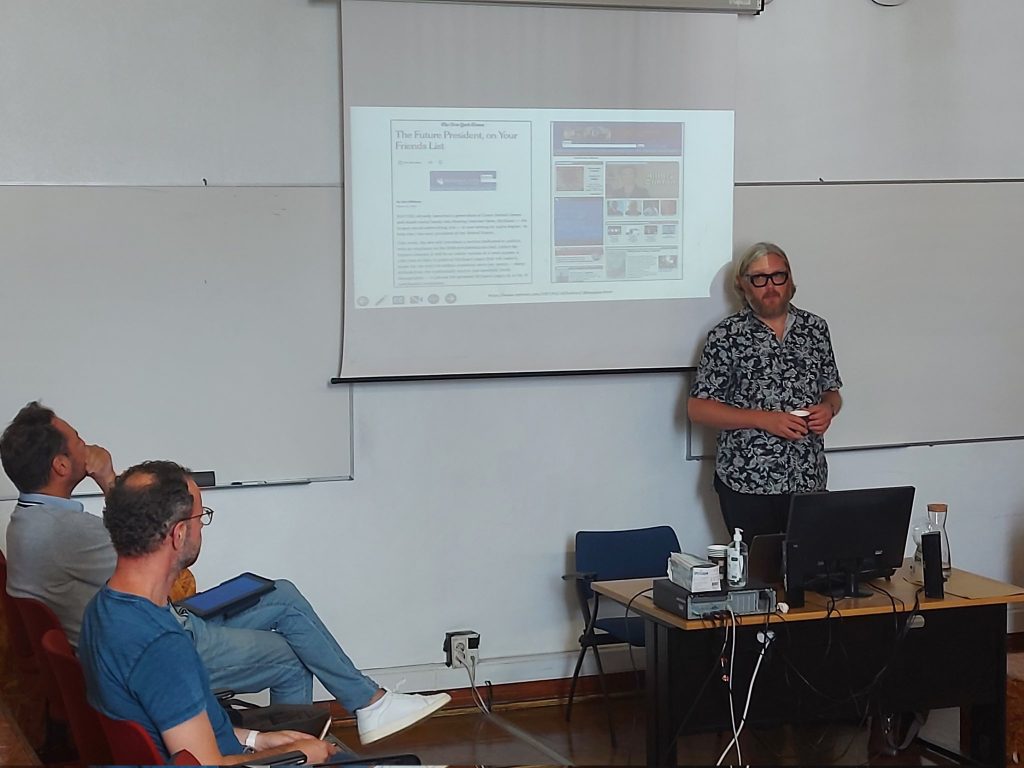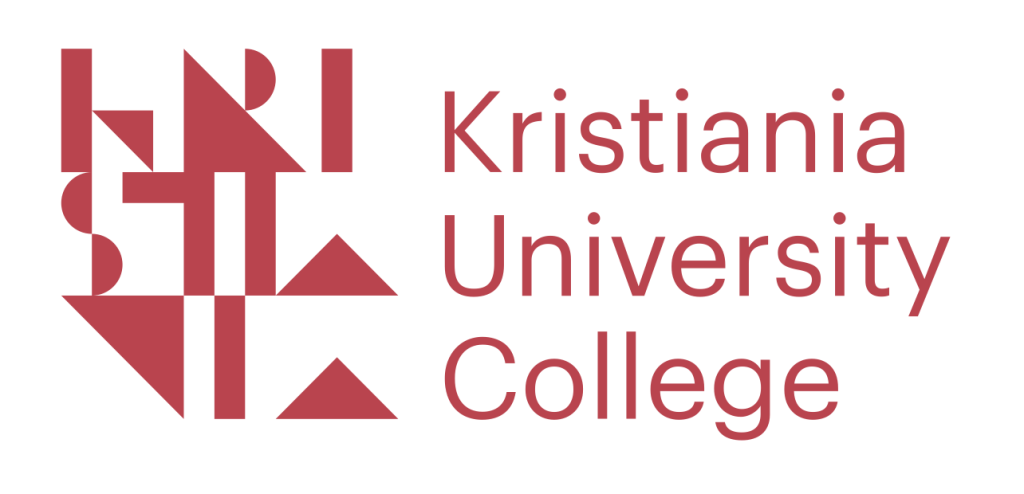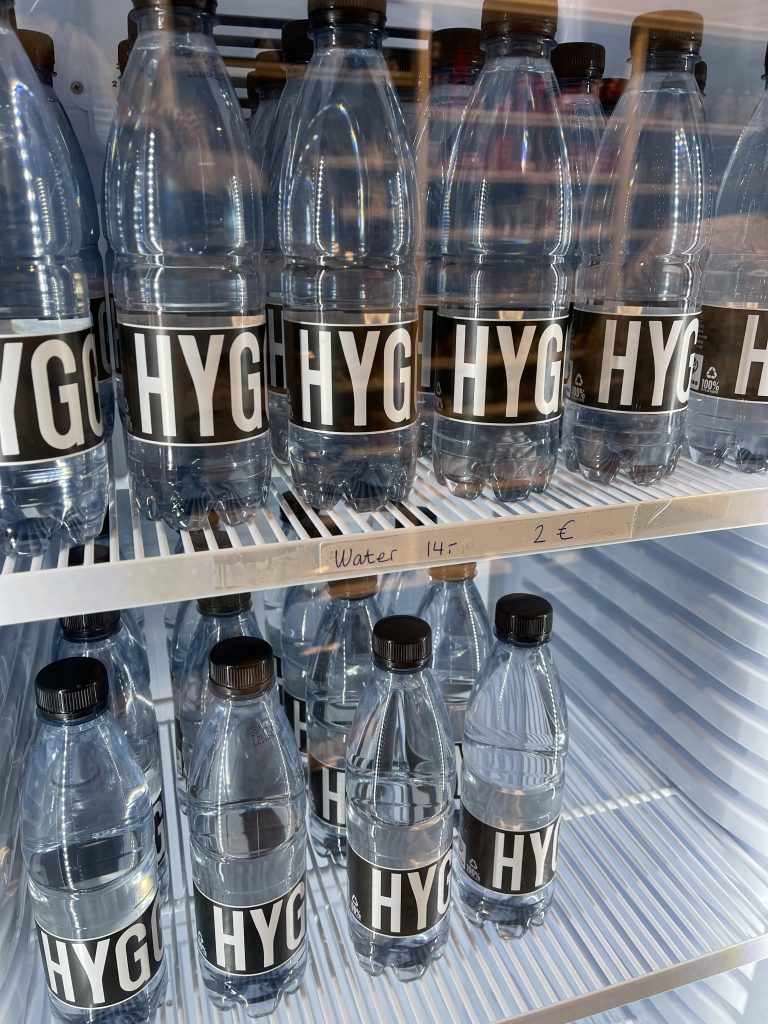… and this year I was fortunate enough to be part of the following presentations for the 75th annual ICA conference, to be held in Denver in June:
Bene, Márton; Casero-Ripollés, Andreu; Vicente Fenoll; Gërguri, Dren; Haßler, Jörg; Jackson, Dan; Kruschinski, Simon; Larsson, Anders Olof; Lilleker, Darren; Machado, Sara; Macková, Alena; Novotná, Martina and Wall, Matthew (2025). Calls to action – Engaging voters across 8 countries. Abstract accepted as part of the Digital Election Campaigning Worldwide: Campaigning on Facebook in National Elections Around the World panel to be held at the 75th Annual Conference of the International Communication Association, Denver, CO, 12-16 June.
El Mghari, Souad and Larsson, Anders Olof (2025). Platform and Gender Influences on Identity Expression: Health Opinion Leaders on Instagram and TikTok. Abstract accepted for the 75th Annual Conference of the International Communication Association, Denver, CO, 12-16 June.
Larsson, Anders Olof; Alonso-Muñoz, Laura; Bene, Márton; Boulianne, Shelley; Fenoll, Vicente; Haßler, Jörg; Lilleker, Darren; Machado, Sara; Macková, Alena; Peña-Vicuña, Percy; Rodríguez-Sánchez, Adriana (2025). Populism across two continents – Assessing the use and reception of populist communication on Facebook in 10 countries. Abstract accepted as part of the Digital Election Campaigning Worldwide: Campaigning on Facebook in National Elections Around the World panel to be held at the 75th Annual Conference of the International Communication Association, Denver, CO, 12-16 June.
Svensson, Jakob and Larsson, Anders Olof (2025). “I have seen it, have you seen me?” The logic of Engagement on Ugandan LGBT+ Organizations Digital Platforms. Full paper accepted for the 75th Annual Conference of the International Communication Association, Denver, CO, 12-16 June.
